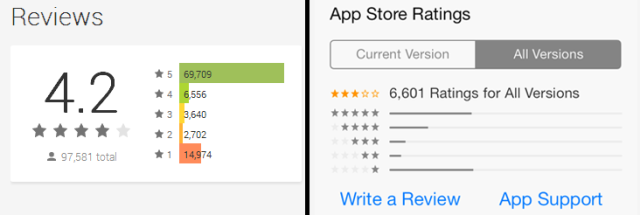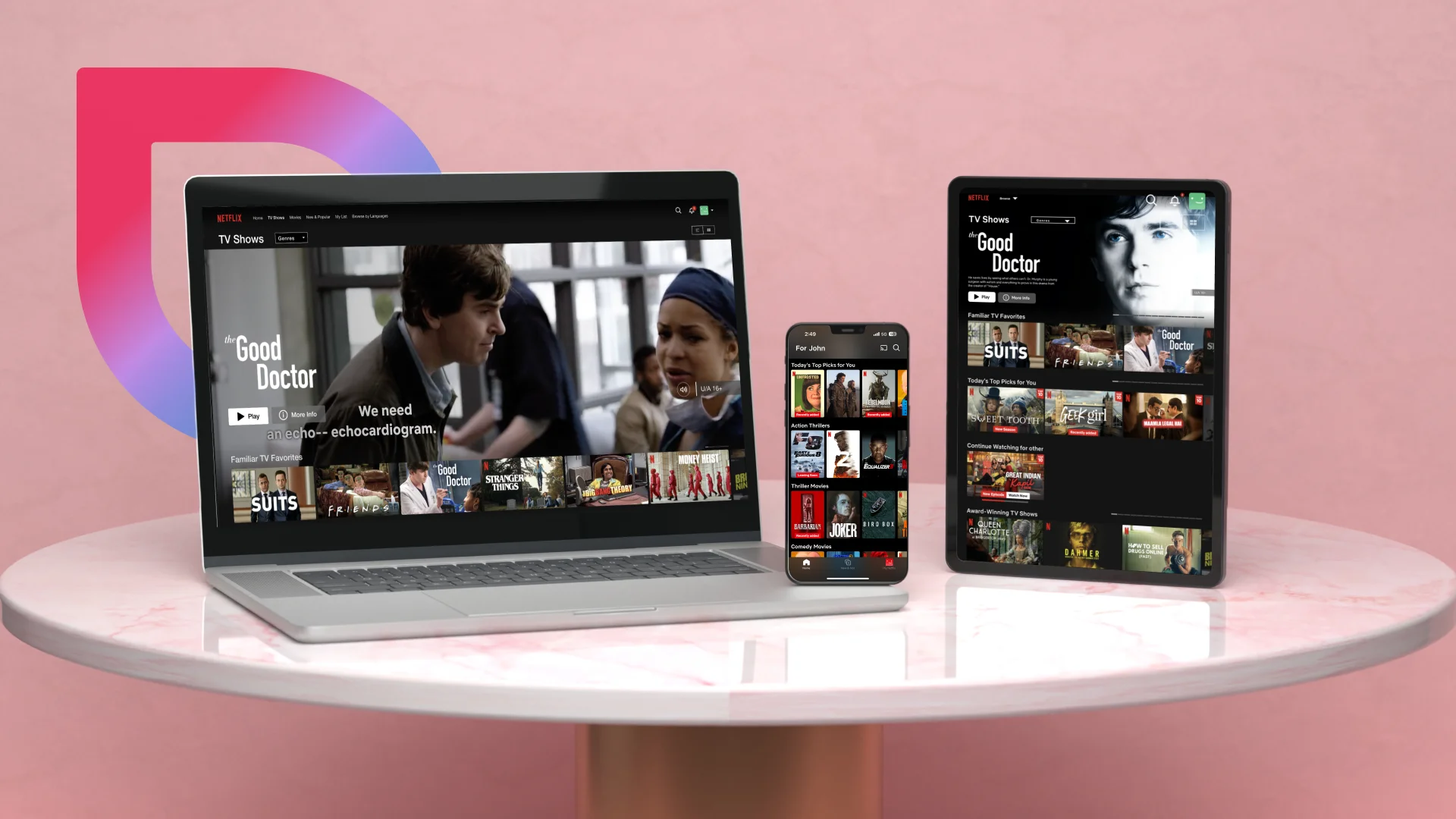Top Mistakes to Avoid Before and After a Mobile App Launch
- Mobile
- January 17, 2022
Mobile application development is highly profitable. There were more than 205 billion downloads in 2019 and the mobile apps are expected to generate about $189 billion in revenue by 2020.
Also, companies invest 50% of their marketing budget in mobile ads. However, common mistakes before and after the mobile app launch can block the app’s growth and revenue.
To make your app successful, you should avoid these common mistakes before and after the mobile app launch. By avoiding these mistakes, you can save time, money and eliminate a lot of misery.
Pre-launch Mobile App Mistakes to Avoid
Below are the top mistakes to be avoided before a mobile app launch:
1. Not Conducting Enough Beta Testing
Mobile app crashes cause more than 70% of app uninstalls. Beta testing helps you to fix the errors that were missed during the internal testing. While internal testing catches most of the bugs, some of them may sneak through the process.
Beta testing is conducted in the final stages of app development. It involves testing an app that’s almost finished.
Issues such as poor design, lag, and security issues can be caught during beta testing and fixed.
You can avoid poor reviews and provide customers with a great experience by conducting a thorough beta testing and fixing the problems.
Beta testing can help your app receive early positive reviews and high ratings, which can lead to increase in the number of downloads.
2. Skipping the Pre-launch Marketing Campaign
Skipping the pre-launch marketing campaign can lead to slow discovery and fewer downloads of your app. It is important to ensure that your app gets enough attention from your customers.
Regardless of how interesting your app is, without a robust pre-launch marketing campaign, your app may not get the right start. In fact, it is better to be aggressive with your pre-launch marketing campaign to reap the full benefit.
To promote your app, you can choose from a wide range of options such as web ads, radio ads, billboards, promotional events and more.
Marketing through social media is highly effective and economical too. By highlighting the unique features of your app and how it can benefit the users, you can ensure that your app can get the attention it deserves.
3. Poor App Store Optimization
Similar to search engine optimization, which helps websites rank higher in a search engine, app store optimization enhances your app’s visibility and helps you reach a wider audience. Both the iOS App Store and Google Play Store offer these options.
It involves using keywords in the app description, title, and content. App store optimization can lead to a higher number of downloads and increased revenue.
So, focus on app store optimization to ensure that your app is easily discovered by your potential customers.
4. Little or no Market Research
An app is successful if it offers a unique feature or offers features that are better than the existing ones.

By conducting market research, you can identify the areas you can focus on and identify where you can differentiate yourself from your competitors. With no market research, you run the risk of developing an app that’s similar or non-exciting.
Through market research, you can identify the areas of focus before developing the app, instead of adding the features later, which is both time consuming and costly.
Market research can give you more ideas and help you to release new and exciting features regularly, which is crucial to keep your app relevant in the marketplace.
5. Not Having a Release Date
Fixing a release date in advance helps your marketing team to generate the pre-release buzz. Based on the release date, you can promote your app through social media, news outlets, articles, etc.
A countdown to the release date can generate an excitement among the users. A fixed release date can also help you have a deadline and avoid the time lag with regards to the application development.
Read also: Stay Away from These Mistakes Before Launching Your App
Post-launch Mobile App Mistakes to Avoid
Below are the top mistakes to be avoided after a mobile app launch:
1. Not Fixing Bugs After Launch
While bugs might show up after the app is launched, fixing them builds trust among your customers.
However, neglecting the bugs can lead to user dissatisfaction, negative reviews and it may undo all the effort that may have gone behind in developing the app.
Some of the common bugs include application crash, UI bugs, functional bugs, slow response, and connectivity issues, to name a few.
2. Poor Customer Support
A strong customer support, service and user friendliness are important to attract and retain customers. Even though the app is remarkable, user engagement ensures that customers stay loyal.
Customer support is extremely important for apps related to shopping, transport, software development, etc. The queries should be addressed with a good response.
Interacting with users, listening to their queries and providing solutions, etc. go a long way in making the app successful.
3. Neglecting User Reviews
User reviews can help you to quickly fix the issues, inconveniences faced by the user. They also provide you with valuable suggestions. Paying attention to user reviews and responding to them ensures that you have support from your customers.

It is important to focus on both positive and negative reviews and respond to them. It shows that you care about your customers.
User reviews also play a key role in encouraging the user to download an app. That’s why ensuring that your app is highly rated is important.
4. Not Releasing Updates
Lack of updates can make the app boring and gives the impression that the developer is neglecting the app. Users may abandon the app for a more interesting one, packed with features.
Regular updates enhance user experience and increase loyalty. They keep the app relevant over the long-term.
The updates can focus on resolving issues, improving functionality, increasing convenience, etc. So, focus on regular updates and keep adding exciting new features.
Read also: How Would You Know When Your App Needs A Major Update
5. Not Tracking the Parameters
Tracking the parameters helps you to improve the app continuously and increase the user base. Parameters such as daily users, monthly users, average revenue per user, etc. can help you greatly.
Understanding the functionalities that are most used and focusing on them and fixing the issues faced by the users can help you make the app more attractive.
6. Not Focusing on Security
A focus on security before and after the app development is crucial. A security breach can compromise customer data, company data and more. Incorporating security from the start is easy and economical.
However, adding security after app development can be complicated and costly. By following the best practices of app security, you can ensure that the app is safe and secure.
A secure app can increase customer confidence. Companies can also highlight this feature to attract more customers.
Bottom Line
Mobile application development has huge potential. Aspects such as close user engagement, addressing the issues, fixing the errors, optimizing app performance, improving user experience, eliminating inconveniences can all help in making the app successful.
The mobile application industry is all set to experience strong growth in the future. By focusing on the best practices and avoiding the common pitfalls, you can ensure the growth of your mobile application.













